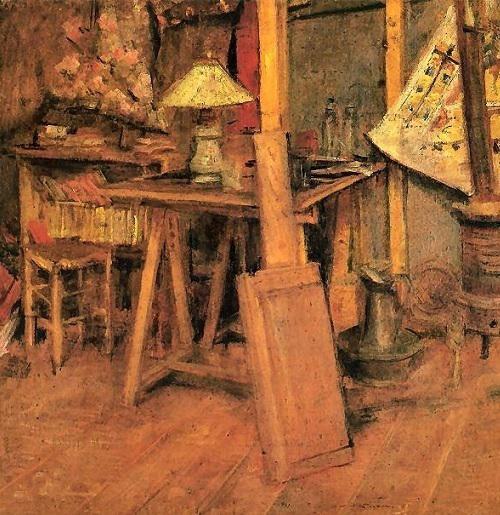Recovering Divine Love and Moral Treasures in Pinocchio
The first time I went birdwatching with an avid birding enthusiast, my guidebook-knowledge transformed into an experience of joy and contemplation. A robin was no longer a familiar bird flittering in my backyard. I could distinguish it now by its song of rippling notes and clear, syllabic whistles. But it wasn’t an ornithologist who helped me notice these subtleties, simply a person in awe of birds who helped refine my senses.
